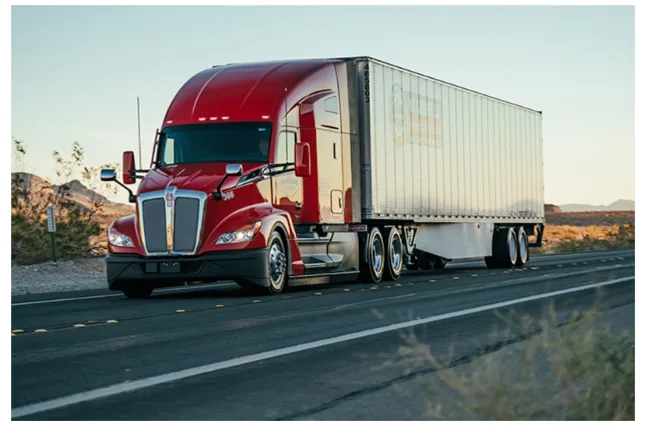Difference Between a Freight Factoring Agent and Truck Dispatcher
The trucking industry relies on many professionals who help drivers and carriers stay profitable and organized. Among the most essential roles are freight factoring agents and truck dispatchers. While both support trucking businesses, their functions are entirely different. Understanding how each role works helps owner-operators and small fleets make smarter business decisions and maintain consistent cash flow.
What Is a Truck Dispatcher?
A truck dispatcher is a logistics specialist responsible for managing loads, coordinating routes, and communicating between drivers, brokers, and shippers. Their main goal is to ensure trucks are always moving with profitable freight and that drivers have all the information they need to complete deliveries safely and on time.
Main Responsibilities of a Dispatcher
Truck dispatchers handle a wide range of daily operations in the transportation process. They:
- Find loads through load boards, brokers, and direct shippers.
- Negotiate rates and confirm rate confirmations.
- Plan efficient routes and ensure compliance with Hours of Service regulations.
- Monitor deliveries, track drivers, and resolve unexpected issues on the road.
Dispatchers work as the communication hub of a trucking business, helping maximize profit by reducing downtime and keeping trucks loaded consistently.
Benefits of Working with a Dispatcher
A skilled dispatcher saves carriers time and stress. They handle negotiations, paperwork, and load planning, allowing drivers to focus solely on safe transportation. With their help, many small carriers grow faster and maintain long-term partnerships with reliable brokers and shippers.
What Is a Freight Factoring Agent?
A freight factoring agent (or factoring company representative) provides financial support by helping trucking companies convert unpaid invoices into immediate cash. Instead of waiting 30, 60, or even 90 days for brokers to pay, carriers can receive most of their payment right after delivery.
How Freight Factoring Works
Factoring companies purchase a carrier’s unpaid invoices for a percentage of their total value—typically 90–97%. Once the broker or shipper pays the invoice, the factoring company deducts its fee and releases the balance. This gives carriers quick access to working capital without relying on bank loans.
For example, if a carrier delivers a $2,000 load, a factoring company might advance $1,900 within 24 hours and keep $100 as a service fee once the broker pays. This simple process helps small fleets and owner-operators manage expenses like fuel, maintenance, and driver pay without cash flow interruptions.
Role of a Factoring Agent
A freight factoring agent works as a link between the trucking company and the factoring provider. They explain contract terms, assist in the application process, and ensure payments flow smoothly. Some agents represent specific factoring companies, while others operate independently and help clients find the best factoring rates and conditions available.
Key Differences Between Dispatcher and Factoring Agent
Although both professionals serve trucking companies, their purposes are completely distinct:
| Aspect | Truck Dispatcher | Freight Factoring Agent |
| Main Role | Finds loads and manages logistics | Provides cash flow through invoice financing |
| Goal | Keep trucks moving profitably | Keep finances stable and predictable |
| Focus Area | Operations and route management | Financial and administrative support |
| Payment Source | Paid by carriers (flat rate or commission) | Earns commission from factoring company |
| Daily Tasks | Negotiating rates, booking loads, tracking deliveries | Processing invoices, managing contracts, advancing funds |
Why Trucking Companies Often Use Both
Many carriers partner with both dispatchers and factoring agents. Dispatchers ensure the business keeps moving with consistent loads, while factoring agents ensure steady cash flow. Together, they create a balance between operational efficiency and financial stability — two pillars of success in the competitive trucking industry.
Final Thoughts
In short, a truck dispatcher keeps the wheels turning, and a freight factoring agent keeps the money flowing. Both roles are essential for small carriers that want to scale operations and stay profitable in a demanding logistics environment. Understanding the difference between a freight factoring agent and truck dispatcher helps trucking businesses choose the right partners and build a strong foundation for long-term growth.







